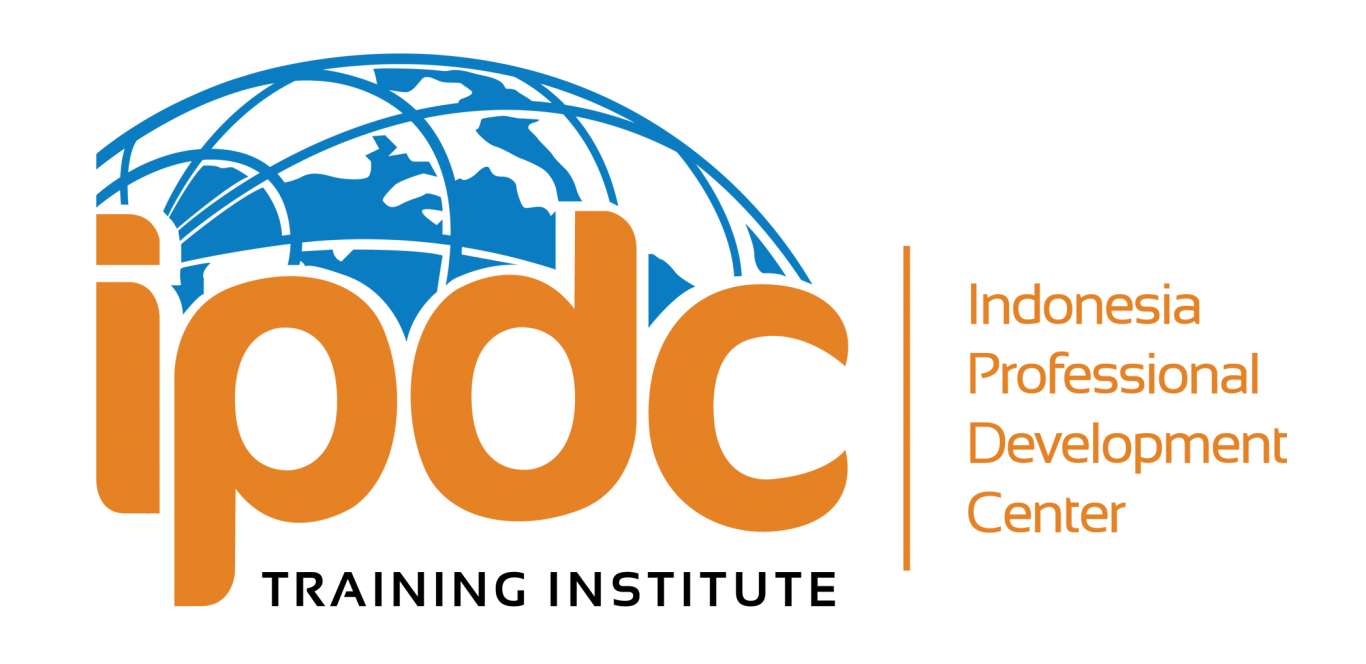Key Strategies for Boosting Sales Team Performance
- ardhy samjaya
- Jun 5
- 4 min read
Boosting the performance of a sales team is essential for any business aiming for success. A well-structured strategy not only enhances productivity but also ensures that every team member reaches their maximum potential. This post will explore effective strategies, including the crucial role of sales training, to empower your sales team and drive significant sales growth.
The Importance of Sales Training
Sales training is not just an onboarding requirement; it's an ongoing process that significantly impacts the effectiveness of a sales team. Training equips team members with essential skills, product knowledge, and sales strategies, enabling them to engage customers effectively.
For instance, companies that invest in comprehensive sales training experience up to a 50% increase in sales productivity. Regular training sessions can help refine techniques and update the team on current market trends. A practical example is role-playing exercises, where team members practice sales pitches and receive constructive feedback, leading to improved performance during actual sales interactions.

Creating a Supportive Environment
Building a supportive environment is critical for enhancing performance. Sales teams thrive when they feel valued and supported by their organization.
One way to foster this environment is through regular one-on-one meetings between sales managers and team members. Such meetings provide a platform for sharing challenges, discussing goals, and recognizing achievements. For instance, a manager might celebrate a team member's recent big sale, boosting morale and motivation.
Moreover, consider implementing a mentorship program where seasoned sales representatives guide newer team members. This not only strengthens relationships within the team but also facilitates knowledge transfer, ensuring continuous improvement.

Utilizing Technology to Enhance Sales Performance
In today’s digital age, leveraging technology can be a game-changer for sales teams. Utilizing Customer Relationship Management (CRM) software can streamline processes, track customer interactions, and analyze sales data.
For example, a CRM system can provide analytics on customer behaviors, allowing sales team members to tailor their pitches more effectively. Tools like sales automation software can minimize administrative tasks, enabling your team to focus on what they do best—selling.
Additionally, incorporating communication tools like Slack or Microsoft Teams can facilitate collaboration and quick information sharing among team members, which is crucial for closing deals in real time.

Setting Clear Goals and Metrics
Setting clear and achievable goals is vital to boosting sales performance. Each team member should have specific targets aligned with the company’s overall sales objectives.
This can be done by implementing the SMART (Specific, Measurable, Achievable, Relevant, Time-bound) criteria for goal setting. For example, instead of setting a vague target like "increase sales," specify "increase monthly sales by 20% over the next quarter."
Regularly reviewing these goals and metrics allows team members to see their progress and adjust their strategies as necessary. Also, include incentive programs for reaching specific goals. Studies show that sales teams with incentives have an up to 20% higher performance rate compared to those without.
Providing Continuous Feedback and Recognition
Feedback and recognition play a crucial role in maintaining high sales performance. Positive reinforcement encourages team members to repeat successful behaviors, while constructive feedback helps them improve in areas where they may be lacking.
Set up a structured feedback system where sales managers provide regular, actionable feedback. For instance, after a sales call, a manager might suggest different approaches to handle objections, helping the salesperson refine their technique.
Additionally, celebrate both individual and team successes. A simple shout-out during meetings or recognition in company newsletters can go a long way in motivating team members. Create a culture where achievements are acknowledged, promoting healthy competition and camaraderie among team members.
Emphasizing Development of Sales and Marketing Skills
Developing sales and marketing skills ensures that team members can effectively reach and engage potential customers. Conduct workshops that focus on both fundamental and advanced sales strategies. These can include topics like lead generation, customer segmentation, and digital marketing insights.
Encourage team members to attend industry conferences and webinars, allowing them to learn from experts and network with peers. When team members enhance their skills, it translates into better customer interactions and ultimately, higher sales figures.
For further development of specific sales and marketing skills, consider external training courses or online resources that cater to your team's unique needs.
Adapting to Market Changes
The market landscape is always evolving, and sales teams must adapt to stay relevant. Encourage your team to stay informed about industry trends and competitor activities.
This can be done through regular market analysis reports and competitive intelligence sessions, where team members discuss findings and brainstorm how to adapt their strategies accordingly.
For example, if competitors are offering new services or promotions, your team should be quick to adjust their sales pitches to emphasize the unique value that your product offers in comparison. Continuous adaptation not only enhances sales but also builds trust with customers who appreciate a team's responsiveness.
Final Thoughts
Boosting the performance of your sales team requires a multifaceted approach that encompasses training, support, technology, and feedback. By implementing these strategies, your sales team can operate at peak efficiency and achieve outstanding results. Investing in your team's development and creating a positive environment will pay off in improved sales performance and business growth.
Embrace these strategies, and watch your sales team flourish!





